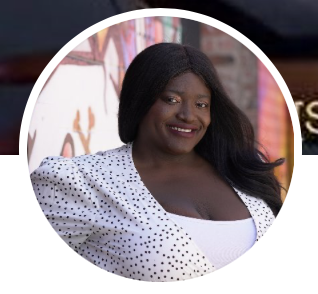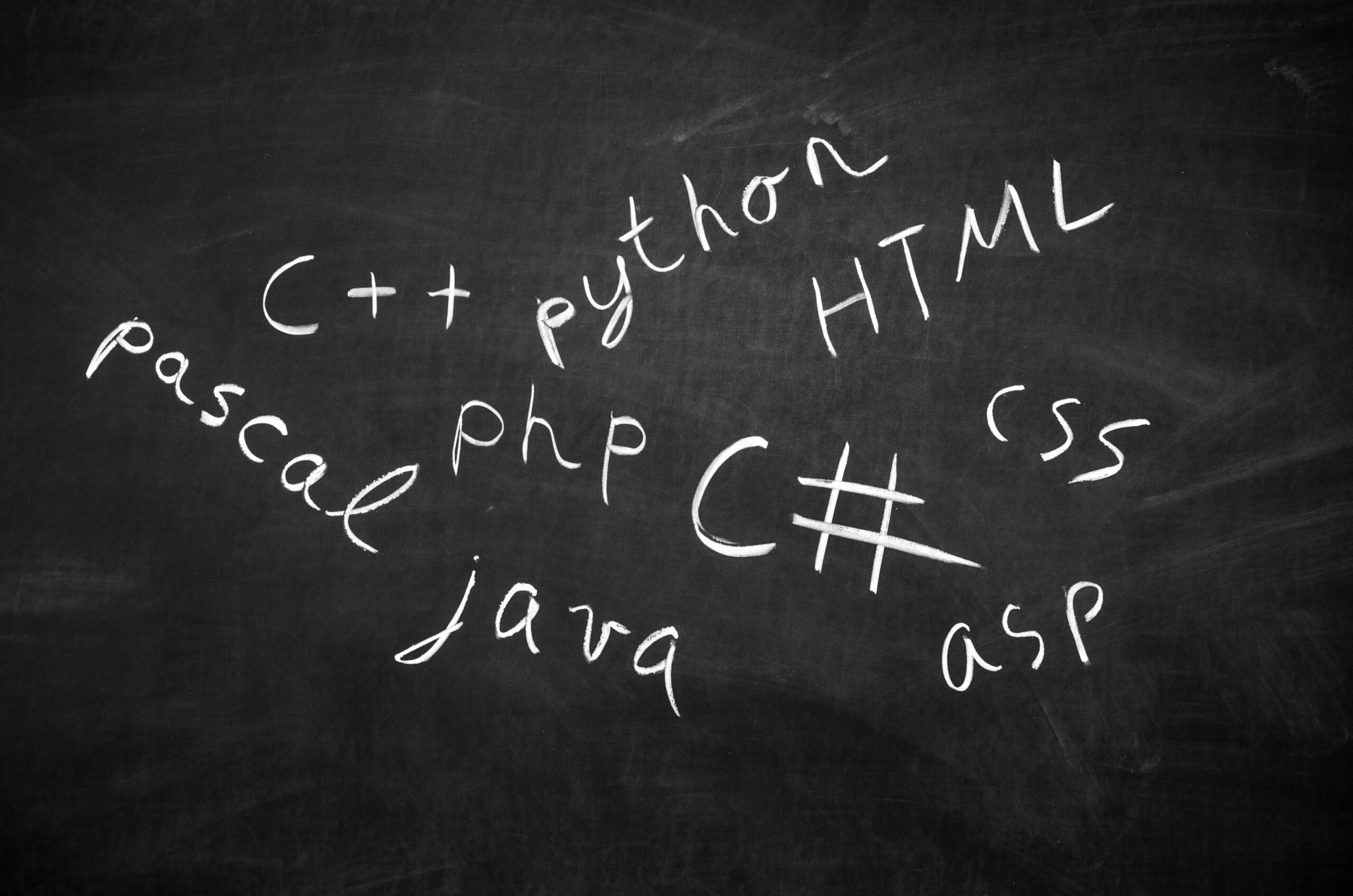Ayodele is very up front about how she made her journey, and is committed to helping others do the same. Plus, why TNG is the best Star Trek of all
When I was first looking at the Ayodele’s content, I was immediately struck by an article she wrote and shared on Towards Data Science. It chronicled her journey from her marketing career to data science — a fairly common type of article. However, what struck me was how different it was compared to many other articles I’ve read, articulating challenges that were either not experienced or were sanitized from other narratives.
This article is the second of two parts: part one focused on dismantling bias in AI.
It’s always much, much easier I’ve found to stay in the same industry and to switch titles or actual positions than to switch both at the same time.

Hetal: There are many articles that are written about, “I did this boot camp, and six months later it’s great!” What struck me about [your TDS article] was, it was a very pointed tale about how you took a different path to it. When did you decide that this was something that you wanted to share with others?
Ayodele: Oh, that’s a good question. I would say maybe when I got into my first full time data science job. I think, like everyone, you get there, and you’re like, “Oh, my God, I did it.” I took all of these stats courses, I learned all of the math that I hated. And I’m here and then maybe nine months in I was like, do I really know what I’m doing?
And I realized that, because I did take the grad school route, there were so many things I didn’t learn. I definitely understood things like core concepts, fundamental machine learning models, but I had no clue about how messy data could be in real life. So I think that’s what teachers tell you, but it’s really understated until you’re able to be as frustrated or or deal with the headaches of attempting to grab the right data.
I was about maybe a year into my first job before saying, okay, maybe I can take everything that feels like a loss to me right now, and turn it into something that is a learning lesson for people on a similar path.
Hetal: You also mentioned that you joined a bunch of slack groups and forums and whatnot. How did you use them to advocate for the support you needed? What was your approach?
Ayodele: I always tried to form relationships with people that were outside of maybe technical passion. So if we were in these groups, we were all kind of into data science. But if someone mentioned something I was already into, like hockey, or candle making, or whatever that was, I would always be able to have a deeper conversation there as well as attempting to be helpful.
So one of the methods that I found, and I built really great relationships using it, is attempting to help other people on projects. During summers over grad school, I would go to one of the coding help channels and try and work through a problem. So, I’d solve it, and then try and communicate with that person, “Hey, this worked for me, I would try X, Y, and Z.”
That actually was really helpful, not because I knew all the answers — I definitely didn’t — but for the one or two problems that I was able to solve I was actually able to build really good relationships. I even ended up collaborating with some of these people on hackathons later. And just having that camaraderie of “hey, we solved this thing together” was really awesome.
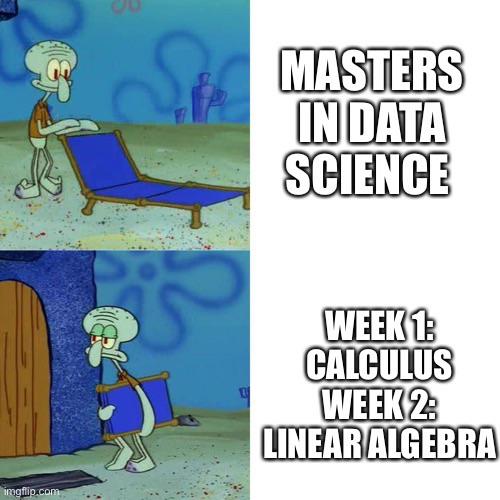
Hetal: It feels like mentoring, this idea of helping and outreach is just thoroughly baked into your personality.
Ayodele: This sounds awful, but I think it’s because I always yearned for a mentor. When I was getting into data science, I didn’t know a single other person on this planet doing that kind of work, or anyone who was doing software engineering work. So the hardest thing on my journey was learning in a vacuum. So when I was in grad school, it was great because my mostly online program also offered in-person courses which I chose whenever I could.
Online courses are so hard to build relationships and connections, especially when you’re in school, you want to know, you know, what companies your classmates are interviewing with. It was hard to do those things, I always felt like it was kind of like me and the internet. Even when I create content today, I’m like, okay, Ayodele from six or seven years ago, what would she Google to try and find? How can I make this come up for someone who’s looking for that? And so yeah, I’ve tried to just make the path easier, because there were lots of times I wanted to give up and not do this. I’m hoping that that is somewhat helpful for other people.
I undervalued my marketing and communication experience before but it is thankfully coming full circle now.
Hetal: Did your marketing background help you? Does it shape how you approach getting your message out?
Ayodele: Absolutely, I definitely think for me, it was easier to build a brand, advertise all of these things, because I had a really great experience creating lots and lots of marketing content. It shaped how I also approach talking about certain subjects.
Especially with ethical AI and trying to be more responsible, having a good, persuasive yet honest kind of spin on things, is really important for organizations.
My marketing role came out of tons of years of switching majors, ending up with a communications degree. Now, as technically an educator, I’m finding that incredibly important because how I communicate facts to certain groups is almost more important than the actual content. Getting the content across is really easy. Telling organizations, hey, we need to focus on the harm and groups that are historically marginalized, and here’s why. It also helps you because x, y, and z works.
If you take the approach of “everything we’ve done thus far is racist, and we need to change it for x, y, and z reasons”, it’s so much harder for people to accept that — because it does not feel like neutral advice. It feels like they’re being put down for something already.
How I actually get my message across has been huge. I undervalued my marketing and communication experience before but it is thankfully coming full circle now.
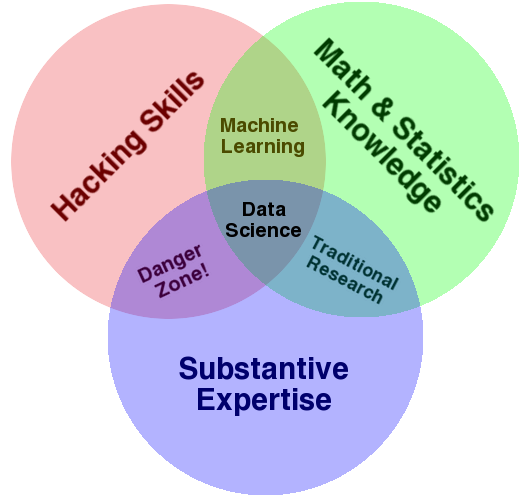
Hetal: Is that something that you highlight in your work? Bringing others into machine learning and data science using the skills that you have?
Ayodele: One of the nice things is that regardless of what industry you’re in now, there is a machine learning tool in that industry. And there’s probably companies in that industry that will want that domain experience.
My very first data science job, I was working with marketing data, looking at marketing and social media campaigns. I remember sitting through orientation, going over all the different metrics, because this was sitting in the data science group. And like, I get those metrics already. These were things that I was hands on with before, one less barrier to face.
We often reference that data science is a venn diagram of math and coding skills and a business domain. I think there’s so much opportunity for people coming in with business domain experience, and just learning the technical coding, statistics, and math portion. Business hands on experience is really, really hard to teach, while for coding and math, it’s a little bit easier.
I always say this because of the industries I’ve worked in, I would love to work in healthcare, and I would be the worst data scientist on a healthcare team. I have had almost zero exposure to healthcare data or really to the things that are important when you’re trying to model healthcare data.
It is a huge, huge benefit for people that we haven’t really talked about. It’s always much, much easier I’ve found to stay in the same industry and to switch titles or actual positions than to switch both at the same time.
Hetal: Your platform includes Twitter, TikTok. You write blog posts, books. [Ayodele has written “Getting Started in Data Science”] There’s so many different ways where you’re trying to get this message out. You also listen to a bunch of podcasts, would you add podcasting to your list of methods?
Ayodele: Actually, I’m really, really excited because it should be coming out in the next couple months!
Hetal: And would it be more focused towards bringing in others into the data science and machine learning field? Or is it more on the ethical side of AI?
Ayodele: It’s more on the ethical side of things,being able to address the different algorithmic injustices we see, as well as getting better perspectives from people who are social scientists.
I want to sit down with not just engineers and really dive deep into what kinds of problems we’ve seen because, yes, they get covered in the news but I think sometimes we lose the depth of the people who have been impacted. Speaking straight to people who have seen these negative impacts and actually giving organizations somewhere to go to hear more.
I think it’s great that we have the documentary Coded Bias, and it’s one of the first pieces that really talks to the people who have been hurt by these algorithms. Bringing awareness there, as well as weaving in subject matter experts and trying to give organizations a good starting point for addressing these issues internally.
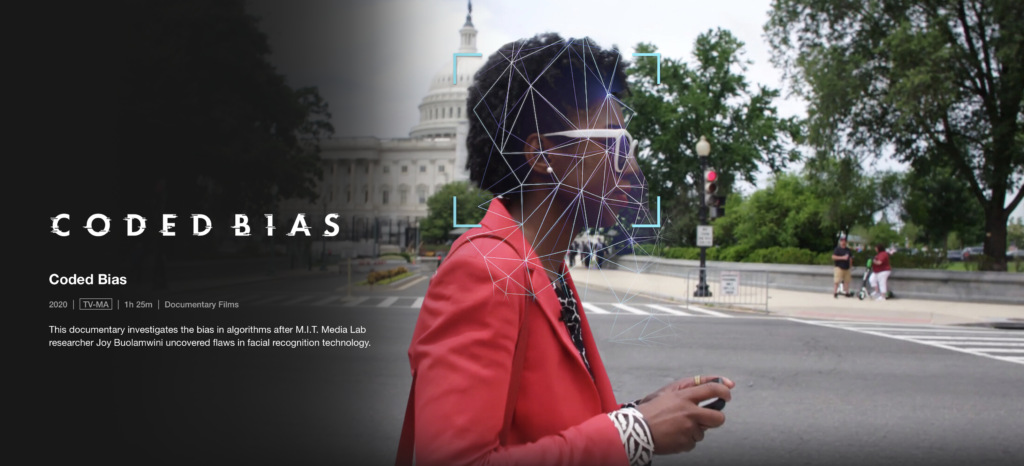
Hetal: I noticed your Twitter banner is an old school still from Star Trek, and that you also watch Star Trek Discovery. So I’m very curious, which is the best Star Trek?
That’s so hard. I have to say I love Discovery. I love Discovery.
I have to give it to The Next Generation. I’m totally biased. I watched The Next Generation growing up and it made up a lot of my feelings about science. And so, I very much have a lot of nostalgia attached to that. I’ll give it to TNG.
Hetal: I think whichever one you see first is usually the first love and there’s something special about it. I would agree, The Next Generation all the way. Picard is also quite fantastic.
I was incredibly excited that he was like, you know what, let’s just do another show!
This article is the second of a two part series. Check out part one here!
